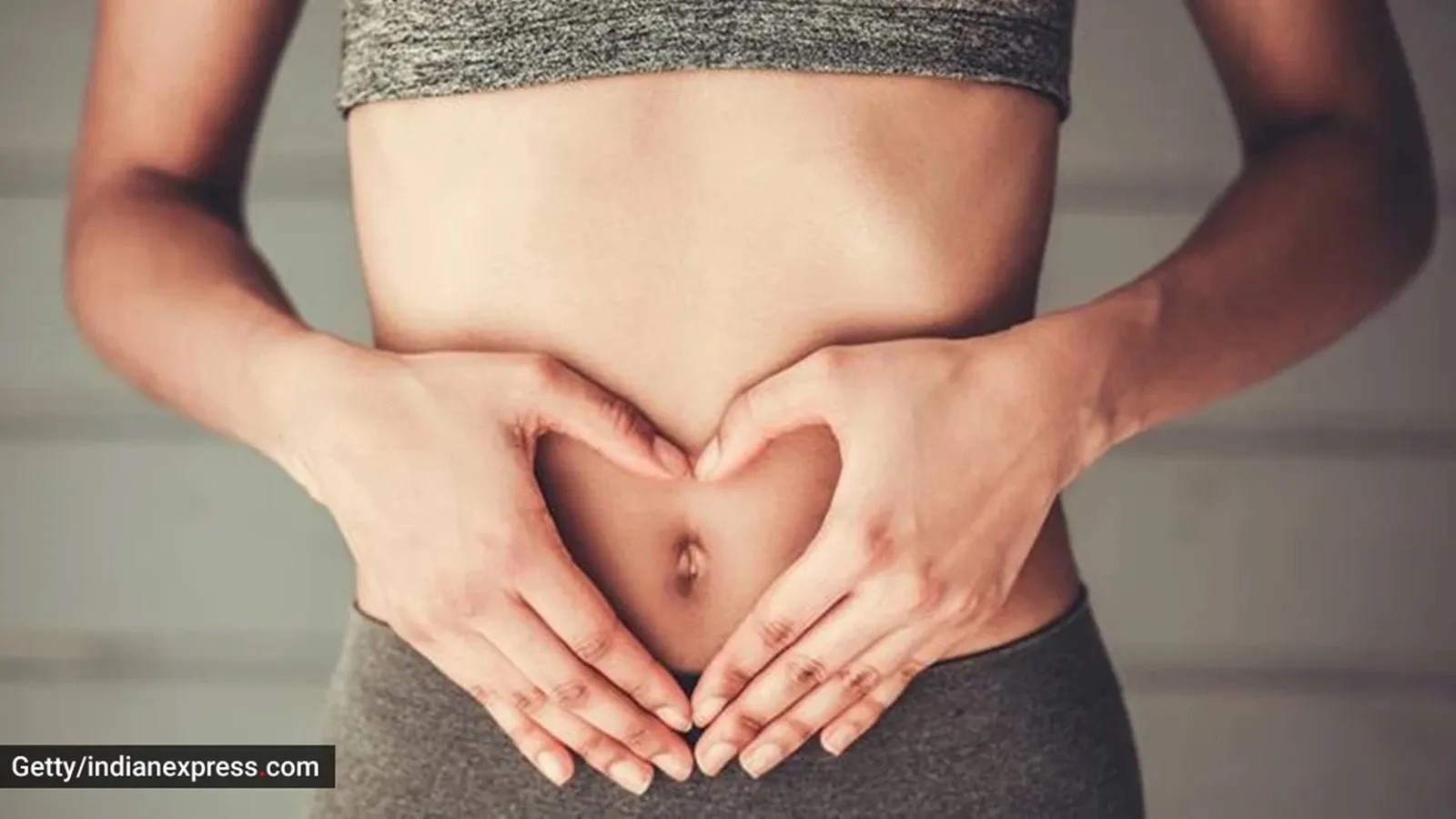📣 For more lifestyle news, click here to join our WhatsApp Channel and also follow us on Instagram
ICMR issues guidelines to limit tea, coffee intake; suggests ideal amount of caffeine to be consumed daily
The ICMR notes that a 150 ml cup of brewed coffee contains 80-120 mg of caffeine while instant coffee has 50-65 mg, and tea contains 30-65 mg
 Are you having too many cups of coffee? (Source: Getty Images/Thinkstock)
Are you having too many cups of coffee? (Source: Getty Images/Thinkstock)Besides avoiding protein supplements, the Indian Council of Medical Research (ICMR) has also advised Indians to limit their tea and coffee consumption. According to the medical body’s new dietary guidelines — in partnership with the National Institute of Nutrition (NIN) — excessive intake of tea and coffee should be avoided as they contain “caffeine, which stimulates the central nervous system and induces physiological dependence”.
It notes that a 150 ml cup of brewed coffee contains 80-120 mg of caffeine while instant coffee has 50-65 mg, and tea contains 30-65 mg. ICMR has advised a daily intake of just 300 mg of caffeine and not more.
It has also advised against having these beverages at least an hour before and after meals because they contain tannins, which can reduce iron absorption in the body. “Tannins tie to iron in the stomach, making it harder for the body to absorb iron properly. This may lead to iron deficiency and health problems like anaemia. Excessive coffee consumption can also cause high blood pressure and cardiac irregularities,” it stated.
 Ensure you limit your intake for your gut health (Source: Getty Images/Thinkstock)
Ensure you limit your intake for your gut health (Source: Getty Images/Thinkstock)
However, it stated that drinking tea without milk has various benefits like improved blood circulation and a reduced risk of conditions like coronary artery disease and stomach cancer. The guidelines recommended fruits, vegetables, whole grains, lean meats, and seafood while limiting oil, sugar, and salt intake.
Agreeing, Dr Vikas Jindal, consultant, dept of gastroenterology, CK Birla Hospital, Delhi said that drinking tea or coffee before or after meals may prevent the body from absorbing important minerals, such as iron, “which could eventually result in deficiencies”.
Apart from concerns regarding iron absorption, drinking beverages with meals can dilute stomach acid, which is crucial for proper digestion, said Dr Jindal. “This could limit food breakdown and nutritional absorption and would ultimately have an impact on overall digestion and nutrient absorption,” said Dr Jindal.
So, is tea without milk a good option?
Opting for tea without milk might mitigate some issues related to nutrient absorption, as milk can further inhibit the absorption of certain nutrients like iron, elucidated Dr Jindal. “However, it’s essential to keep in mind that tea or coffee, even without milk, still contain caffeine and tannins, which can affect digestion and nutrient absorption,” said Dr Jindal.
It’s best to drink water with meals rather than tea or coffee to maximise digestion and absorption of nutrients. “It is advised to wait at least an hour after meals before consuming such beverages if that is one’s preference. To maintain general health and well-being, one must consume enough nutrients,” added Dr Jindal.
Dr Neeti Sharma, senior consultant, mutrition and dietitics, Marengo Asia Hospitals, Gurugram further added that individuals should prioritise a balanced diet rich in nutrients and stay hydrated with water throughout the day to support overall health and well-being. “Consulting with your doctor or dietician for personalised dietary recommendations is also recommended, especially for individuals with specific health concerns or dietary restrictions,” said Dr Sharma.
📣 For more lifestyle news, click here to join our WhatsApp Channel and also follow us on Instagram
- 01
- 02
- 03
- 04
- 05



























